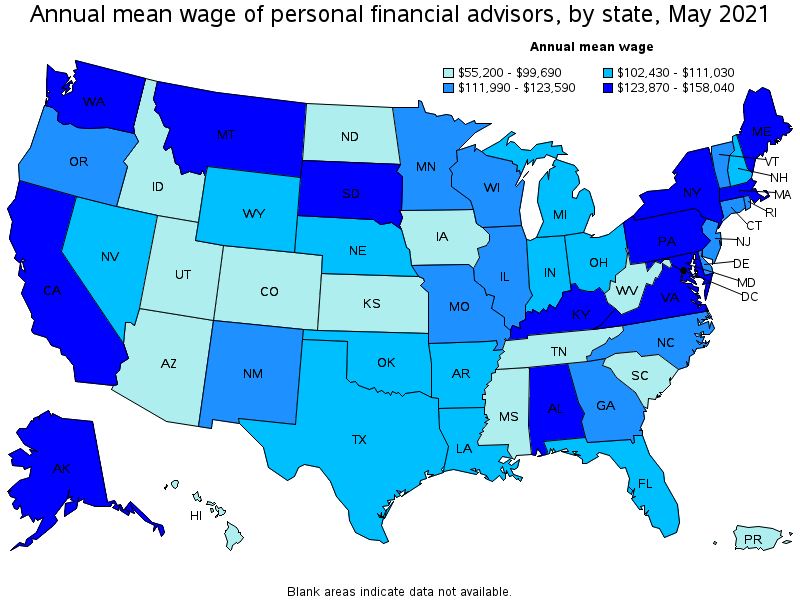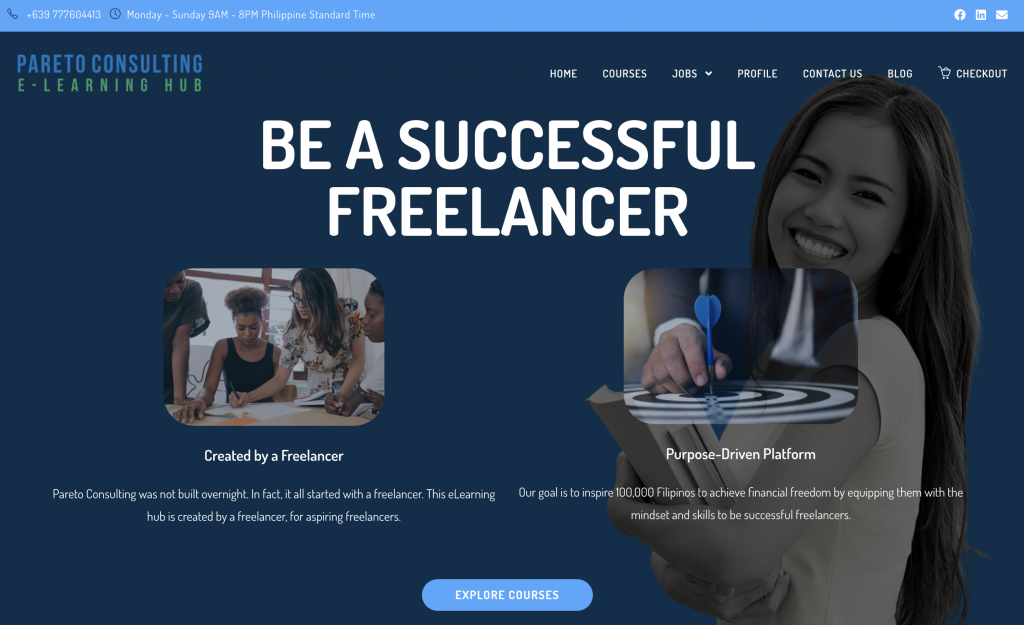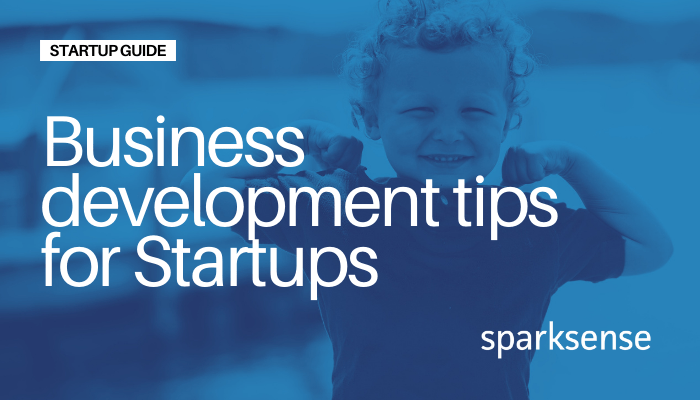
A non solicitation agreement is between an employer, and an employee, which prohibits employees from soliciting customers while they are employed. Depending on the situation, such an agreement may be either flexible or restrictive. You might be wondering how to write a non solicitation contract. It depends on what your business goals and needs are before you decide if a non-solicitation arrangement is right for your company. These are some factors to consider when looking for a nonsolicitation agreement for your employee.
A non-solicitation agreement refers to a contract between an employer, one of its employees, and the other.
The most basic form of non-solicitation agreement prohibits the former employee competing for the same position at a different company. The basic type of non-solicitation agreement is one that prohibits a high-ranking employee from approaching customers to solicit them to change suppliers. What if you're an employer looking to protect your intellectual capital? These are some of the things you should include in a Non-Solicitation Agreement.

It also prevents employees contacting clients.
A non-solicitation arrangement is a contract which prohibits employees from soliciting clients for the former employer. This is different to a "non-compete" agreement, which bans employees from soliciting past clients. It can include stealing clients, poaching employees, and using inside information for another company. Employers must determine what constitutes solicitation. While the definition might differ from one company or another, there are many commonalities.
It can be flexible
Flexibility is a key component of a company's success. Employee input is crucial. You might try gradually introducing change in one department, if the company is not ready to make the changes. In order to achieve maximum flexibility, it is important to carefully plan the transition. Employees can be the best judges of what is real in their job, the constraints and resources they face, as well as the support they require to succeed. They can help you create a flexible work environment that is beneficial to everyone.
It could be restricting
It all depends on the circumstances in which non solicitation arrangements were created. Most employers will sign these contracts as a condition on employment. However, they can ask employees to sign them if they are negotiating severance. Robert Ottinger, an employment attorney, said that non-solicitation agreements are used in virtually every job, with salespeople being the most vulnerable. Employers are more likely than any other employees to require non-solicitation agreement from salespeople.

It can be enforced
A non-solicitation arrangement can still be enforced, even if it causes hardship for the former employees. Non-solicitation agreements that restrict employees from competing with the company have been upheld by the courts. However, an agreement might prevent a former employee from taking advantage the restriction and pursuing a new career. There are some important things to remember before you sign a non-solicitation contract, regardless of how long it takes.
FAQ
What happens after the consultant completes the job?
After the consultant has completed the work, they will submit a final document detailing the results. This report details the project timeline, deliverables, as well any other pertinent information.
Next, you will review the report and determine if the consultant has met your expectations. You can request modifications or terminate your contract if the report is not satisfactory.
Which industries use consultants?
There are many different types. Many consultants specialize in a particular type of business. Others may be more focused on multiple types.
While some consultants only work for private companies, others represent large corporations.
Some consultants are available to help businesses around the world.
Can I get a degree as a consultant?
Studying a subject deeply and then applying your knowledge is the best way for you to become an expert.
Start studying today if you want the skills to be a great manager!
It may be difficult to get hired if your degree is not accompanied by relevant work experience. If you can show that your education is comparable to the job applicants, you may still be eligible for employment.
Employers will always seek out candidates who have real-world experience.
How do I become successful as a consultant?
It is important to identify an area of passion. Next, you need to establish relationships. It is important to understand the needs of clients and their business. The final step is to provide results.
While you don’t have to be the greatest at everything, you have to be better than everyone else. You also need to have a passion for what you do. It is not enough to simply say, "I want to become a consultant." You must really believe in yourself and what you're doing.
What qualifications does a consultant need?
Not only is it important to have an MBA but you should also have business consulting experience. You should have at least two years of experience in consulting and/or training for a major company.
Your experience in strategy development projects requires that you work closely with senior managers. This requires you to feel confident presenting ideas to clients, and getting buy-in.
A professional qualification exam, such as the Certified Management Consultant (CMC), of the Chartered Management Institute (CMI), is also required.
How much does it cost to hire a consultant?
Many factors go into determining how much it costs to hire a consultant. These factors are:
-
Project size
-
Time frame
-
Scope of work
-
Fees
-
Deliverables
-
Other factors to consider include location, experience, and other considerations.
Statistics
- 67% of consultants start their consulting businesses after quitting their jobs, while 33% start while they're still at their jobs. (consultingsuccess.com)
- So, if you help your clients increase their sales by 33%, then use a word like “revolution” instead of “increase.” (consultingsuccess.com)
- Over 62% of consultants were dissatisfied with their former jobs before starting their consulting business. (consultingsuccess.com)
- "From there, I told them my rates were going up 25%, this is the new hourly rate, and every single one of them said 'done, fine.' (nerdwallet.com)
- According to statistics from the ONS, the UK has around 300,000 consultants, of which around 63,000 professionals work as management consultants. (consultancy.uk)
External Links
How To
How do you find the best consultant?
The first thing to do when looking for a new consultant is to ask yourself what you want from him/her. Before you begin looking for a consultant, it is important to know what your expectations are. You should make a list of all the things you need from a consultant. This might include skills such as project management, professional expertise, communication, availability, and technical skills. You might also want to talk with colleagues or friends about their recommendations. Ask them if they had any bad experiences with consultants previously and see how their recommendations compare with yours. Research online if you don’t already have recommendations. You will find many websites such as LinkedIn, Facebook Angie's List, Indeed and Indeed where people can leave reviews about their past work experiences. You can use the comments and ratings left by others to help you find potential candidates. Once you have a short list of candidates, contact them to arrange an interview. Talking through your requirements during the interview is a good idea. Ask them questions about how they can assist you in achieving those goals. It doesn't matter if they were recommended to your company; all that matters is that they are able to understand your business goals and show how they can help.